Humanly Possible: Seven Hundred Years of Humanist Freethinking, Inquiry, and Hope
by Sarah Bakewell
Humanly Possible is a book covering seven centuries of humanistic thought, written by one of the best philosophy writers for a general audience around, Sarah Bakewell. It’s a brilliant book, done with Bakewell’s characteristic elegance and intelligence.
Recommendations from our site
“I don’t know any other writer who could pull off something like this…She’s covering the long history of humanism, not just the kind of humanism we think of as an agnostic or atheistic approach to life—humanist funerals that kind of thing—although that’s there. She includes humanism in the sense of the regeneration of interest in the Classical world that was characteristic of some writers of the Renaissance, and the humanistic traditions that can also be found within a religious context. What she’s managed to do is uncover common threads. All these thinkers, though diverse, are passionate in their interest in human beings, rather than in the physical world or the idea of the divine. She tells an interesting story and manages to do it in a very accessible way with humour and colour. It’s memorable, enjoyable to read, and full of insight all along the way. It’s quite brilliant.” Read more...
The Best Philosophy Books of 2023
Nigel Warburton, Philosopher
“As Sarah Bakewell puts it at the beginning of Humanly Possible, “it all seems gently foggy.” The book tries to trace the evolution of humanist thinking over 700 years. The book starts in 1300, though the philosophy of Brhaspati (who inspired “the first text to understand human life non-supernaturally” in the 6th century BCE) and Democritus also make an appearance. It’s a wonderful gallop through the lives and ideas of dozens of interesting thinkers and writers, including Michel de Montaigne, the subject of a previous book by Bakewell and coiner of the word “essay” (from essais—meaning try outs or attempts). By the end, the word ‘humanism’ is still not quite in focus, but I feel more comfortable with the bleariness: it makes sense that we all have our own opinions about why we’re here and what we should do with our brief lives.” Read more...
Notable Nonfiction of Early 2023
Sophie Roell, Journalist
Unless you’re religious, it’s helpful to understand humanism, a philosophy that provides a possible ethical framework and vision of human beings’ place in the world for those who don’t think a god exists. In today’s world, in countries like the Netherlands, atheism is the default, but it’s not true in many other places, and historically it was a complete no-no. Sarah Bakewell is a nonfiction writer with a novelistic touch, who makes complex ideas accessible by telling the stories of the people who had them. This book covers humanistic thinkers across 700 years, from Erasmus to Zora Neale Hurston.
“The book I’m particularly looking forward to is Sarah Bakewell’s book about the history of humanism, Humanly Possible, that’s coming out in March 2023. She wrote a brilliant book about existentialism, At the Existentialist Café, which was a group biography, a critical, engaged philosophical biography, and a book about Montaigne before that, but this is even more ambitious. It covers seven centuries of humanistic thought. It’s a hugely ambitious book but it’s done with her characteristic elegance and intelligence. So that’s a brilliant book.”
Our most recommended books
-

Red Memory: The Afterlives of China's Cultural Revolution
by Tania Branigan -

Material World: The Six Raw Materials That Shape Modern Civilization
by Ed Conway -

An Immense World: How Animal Senses Reveal the Hidden Realms Around Us
by Ed Yong -

Revolutionary Spring: Europe Aflame and the Fight for a New World, 1848-1849
by Christopher Clark -

Mr. B: George Balanchine’s Twentieth Century
by Jennifer Homans -

Elon Musk
by Walter Isaacson
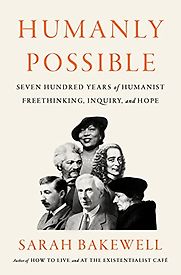
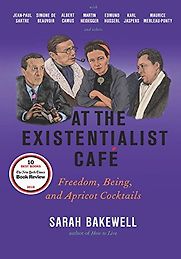
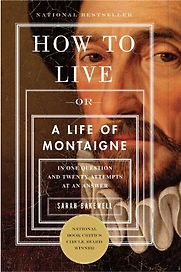
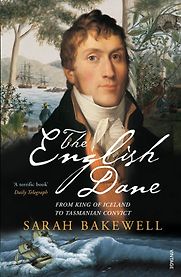
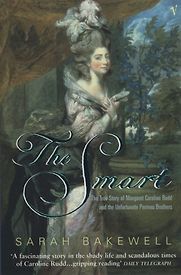
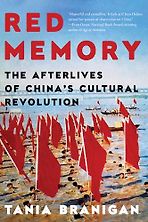
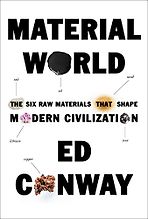
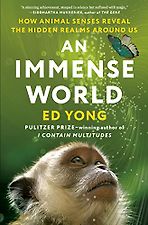
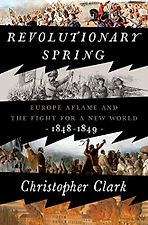
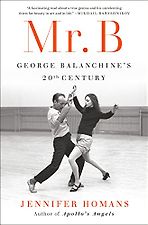
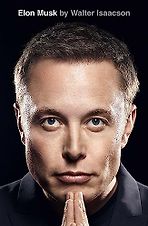
Commentary